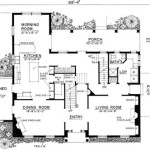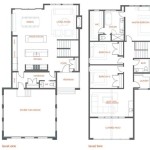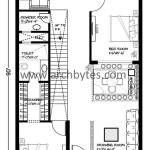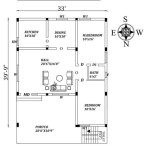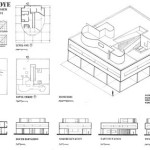Building a House Budget Planner: Essential Aspects to Consider
Building a house is a significant investment that requires careful planning and budgeting. Creating a comprehensive budget planner is crucial to ensuring you make informed financial decisions throughout the process. Here are some essential aspects to consider when building your house budget planner:
1. Estimate Land Costs: The cost of land is the foundation of your building budget. Research comparable properties in your desired area and consult with a real estate agent or land surveyor to determine accurate land costs.
2. Architectural and Engineering Fees: Hiring an architect and engineer is essential for designing and planning your house. Their fees vary depending on the scope of work and the complexity of the design. Obtain quotes from multiple professionals to compare costs.
3. Material and Labor Costs: Materials and labor are major expenses in building a house. Estimate the cost of building materials, such as lumber, drywall, and roofing. Factor in labor costs for carpenters, electricians, and other contractors.
4. Permits and Inspections: Building permits and inspections are necessary to ensure your house meets building codes and safety regulations. Contact your local municipality to determine the specific requirements and associated fees.
5. Contingency Fund: Unforeseen expenses, such as weather delays or construction setbacks, are common in building projects. Allocate a contingency fund in your budget to cover unexpected costs.
6. Financing Options: Explore various financing options, such as mortgages, construction loans, and home equity loans. Determine the interest rates, loan terms, and closing costs associated with each option to choose the most suitable one for your financial situation.
7. Long-Term Costs: Consider ongoing expenses, such as property taxes, insurance, and maintenance costs. These expenses should be factored into your budget to ensure you can afford the long-term upkeep of your house.
8. Tax Implications: Consult a tax professional to understand the tax implications of building a house. Certain expenses may be tax-deductible, while others may be subject to capital gains taxes. Planning for tax consequences can save you money in the long run.
9. Regular Budgeting: Once your house is built, regular budgeting is essential to maintain your investment. Track expenses, compare them to your budget, and adjust your spending habits as needed to ensure financial stability.
Creating a comprehensive house budget planner requires research, planning, and professional input. By considering the essential aspects outlined above, you can develop a realistic budget that will guide you through the building process and ensure your financial well-being.

19 Free House Building Budget Templates Ms Office Documents Remodel Worksheet Home Construction Cost

Construction Budget Worksheet How To Organize Your Finances When You Build A House The Vanderveen

Construction Budget Template Free

Construction Budget Worksheet How To Organize Your Finances When You Build A House Home Cost Own Budgeting Worksheets

Construction Budget Template Spreadsheet Com Templates

Home Construction Budget Worksheet Template Advantages Of For The Need Budgeting Worksheets

14 Free Construction Budget Templates Excel Word Apple Pages Google Docs

19 Free House Building Budget Templates Ms Office Documents A Checklist Cost Budgeting

Free Estimating Building Remodeling

House Building Planner Construction Budget Template Spreadsheet

